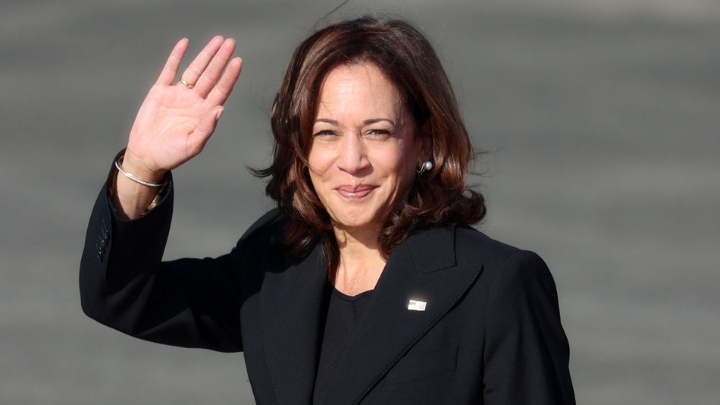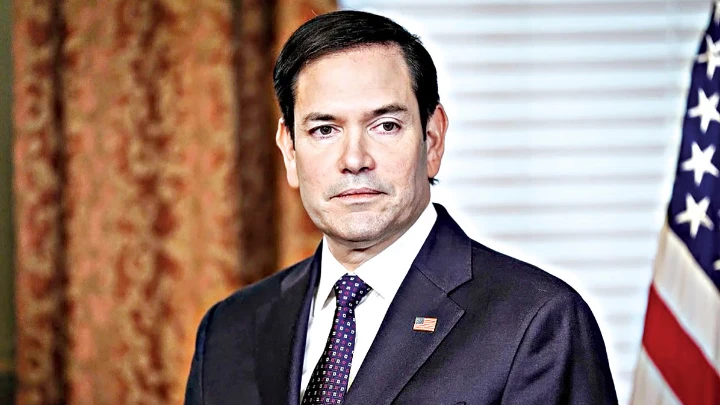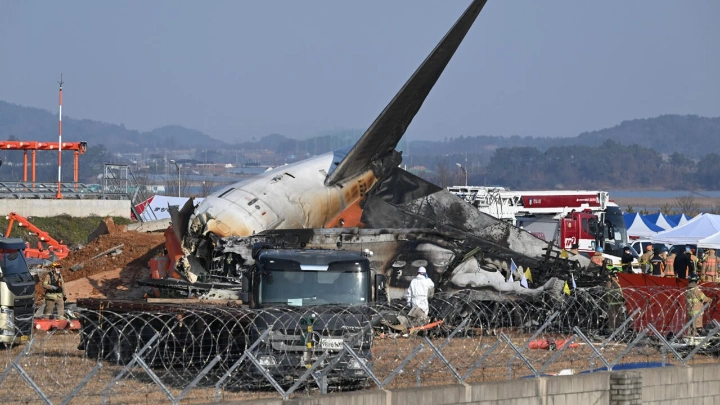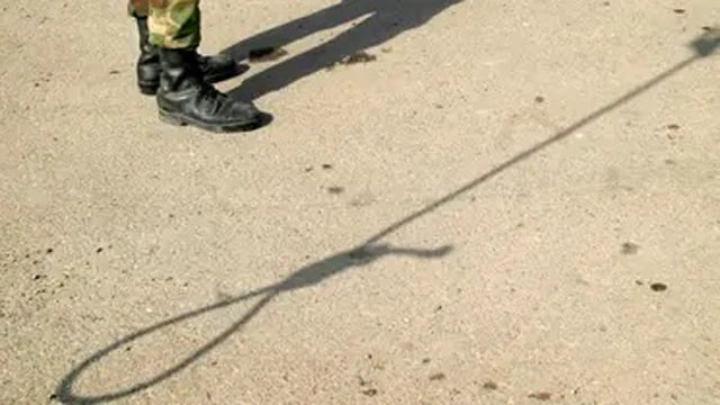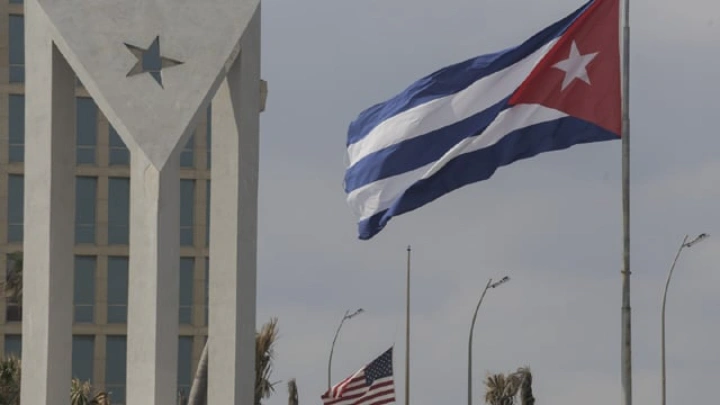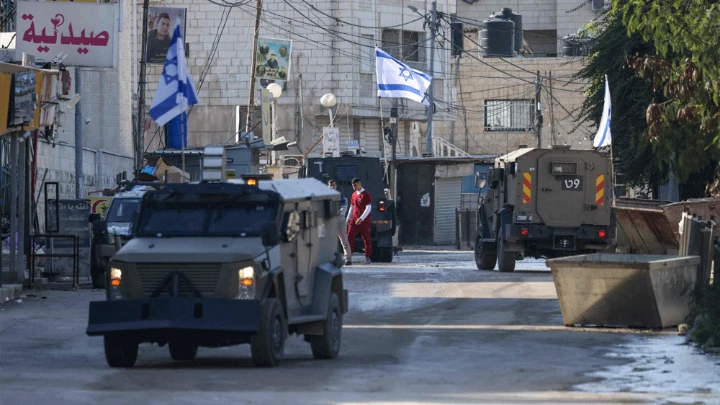Following the North's missile testing, US Vice President Harris arrives in South Korea
Shining BD Desk || Shining BD
In an effort to fortify the security ties between Seoul and Washington, US Vice President Kamala Harris visited South Korea on Thursday to inspect the heavily guarded border with the nuclear-armed North
North Korea conducted two banned ballistic missile launches in the days before Harris's arrival, part of a record-breaking streak of weapons tests this year.
Her trip to the Demilitarized Zone (DMZ) is likely to infuriate Pyongyang, which branded United States House Speaker Nancy Pelosi the "worst destroyer of international peace" when she visited the border in August.
Speaking aboard a US destroyer at a naval base in Japan, Harris accused North Korea of threatening regional stability with fresh missile launches, denouncing the country's "illicit weapons program".
She had been in Japan to attend the state funeral of assassinated former prime minister Shinzo Abe. In Seoul, she will meet South Korea's President Yoon Suk-yeol, who took office in May.
The pair will discuss the countries' long-standing security alliance, their growing economic and technology partnership, and a range of other regional and global issues, her office said.
Seoul is also likely to raise its concerns over a new law signed by US President Joe Biden that removes subsidies for electric cars built outside of America, impacting Korean automakers like Hyundai and Kia.
Harris, America's first female vice president, will also meet with what the White House called "groundbreaking women leaders" of South Korea to discuss gender equality issues.
Yoon, who has pledged to abolish Seoul's Ministry of Gender Equality, has faced domestic criticism for a lack of women in his cabinet.
- Nuclear test? -
Security issues will dominate Harris' trip, with South Korean and US officials warning for months that North Korean leader Kim Jong Un is preparing to conduct another nuclear test.
On Wednesday, the South's spy agency said the test could happen next month.
Pyongyang is likely to choose the window between China's upcoming Communist Party Congress on October 16 and the midterm elections in the United States on November 7 for its next nuclear test, it said.
North Korea, which is under multiple UN sanctions for its weapons programmes, typically seeks to maximise the geopolitical impact of its tests with careful timing.
The isolated regime has tested nuclear weapons six times since 2006. Its last and most powerful one in 2017 -- which Pyongyang claimed was a hydrogen bomb -- had an estimated yield of 250 kilotons.
Under President Yoon, Seoul and Washington have boosted joint military exercises, which they insist are purely defensive. North Korea sees them as rehearsals for an invasion.
The allies are conducting a large-scale joint naval exercise this week in a show of force against growing North Korean provocations.
Cheong Seong-chang of the Center for North Korean Studies at the Sejong Institute told AFP that he expected Yoon and Harris to discuss the plan for responding to another nuclear test by Pyongyang.
Harris's trip is "an opportunity to strengthen the high-level cooperative and friendly relationship between South Korea and the United States", he said.
On Thursday, Seoul said it would hold trilateral anti-submarine drills with Japan and the US, the first such exercises since 2017, after officials said this weekend they had detected signs Pyongyang could be preparing to fire a submarine-launched ballistic missile.
By AFP
Shining BD

